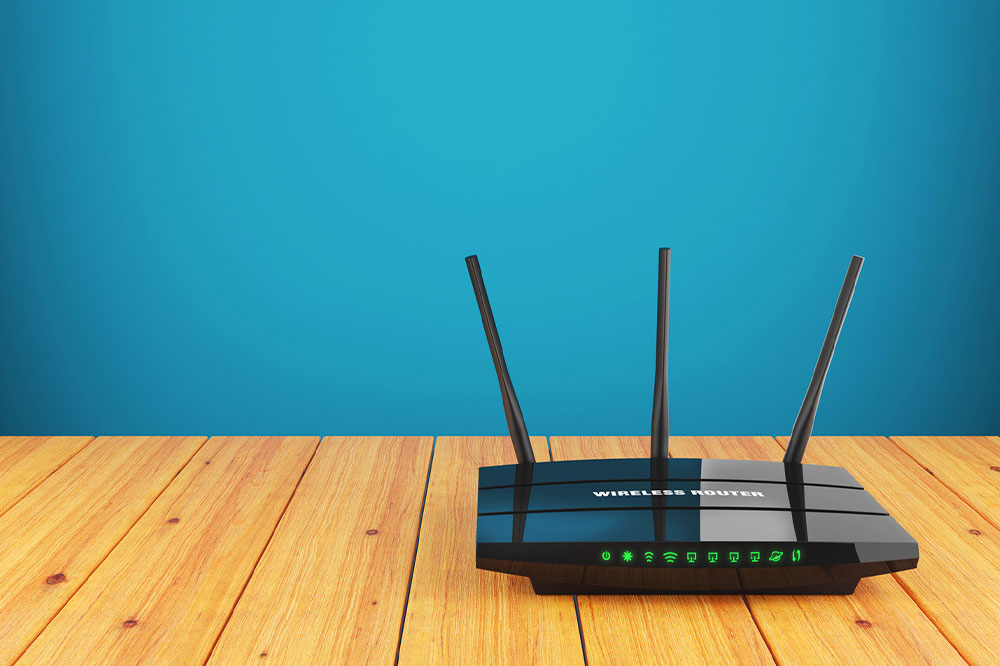5 things that are slowing your Wi-Fi network

Home Wi-Fi has become an essential part of our daily lives. Using it for streaming movies, music, and online gaming has undoubtedly become easier as staying connected with the world. Since we’ve become so dependent on the internet, it is no shock when you feel frustrated and inconvenienced when the Wi-Fi signal is slow or shows an error. So here are some quick fixes to this problem in most cases, so let’s take a look.
Interference from other devices
This is very common and often overlooked. One of the reasons your Wi-Fi signal could be working slowly is that other wireless devices in the house are running on the same network. These include cordless phones, smartphones, Bluetooth devices, and microwaves! According to research, all of these devices work on the same frequency as the Wi-Fi and hence can be a reason for slow connection. An easy solution to this problem can be to move your Wi-Fi router away from any of these devices where you know it has an accessible signal.
The router is too far
One of the essential things while working with home Wi-Fi is having the router fixed at just the proper distance in the house. It needs to be placed strategically where the signal can be accessed easily from all the rooms and even the basement! If your device is too far from the router, then it is possible that the signal may get lost or it may be weak to reach your device. An easy fix to this is to place your router somewhere in a central location in the house, or you can also get two routers to help the signal reach certain corners of the house.
Physical obstructions
The house’s structure can sometimes create a physical barrier between the Wi-Fi router and your device(s). Thick walls, certain furniture, and such can be a hindrance. Of course, this doesn’t mean you must redo your house. All you have to do is avoid installing the router where you know the devices will not be in a clear line of sight. This can be frustrating, but once you have figured out the correct location of the router, all your troubles will melt away.
Outdated hardware
This is extremely important when installing a Wi-Fi router. Always invest in a good router with an extended range without interruptions. The new models available in the market are much more advanced than the primary versions, of course, so understand how it can benefit your internet browsing at home and make an informed decision. If your current Wi-Fi router is not doing the job, maybe it’s time to try the upgraded version.
Too many devices
Another common reason your Wi-Fi may be slow is that too many devices are connected to the same network. For example, you can consider switching off the Wi-Fi option on some of the devices which are not in use, or you can check with your internet provider for an upgraded plan which allows for fast Wi-Fi on multiple devices.


